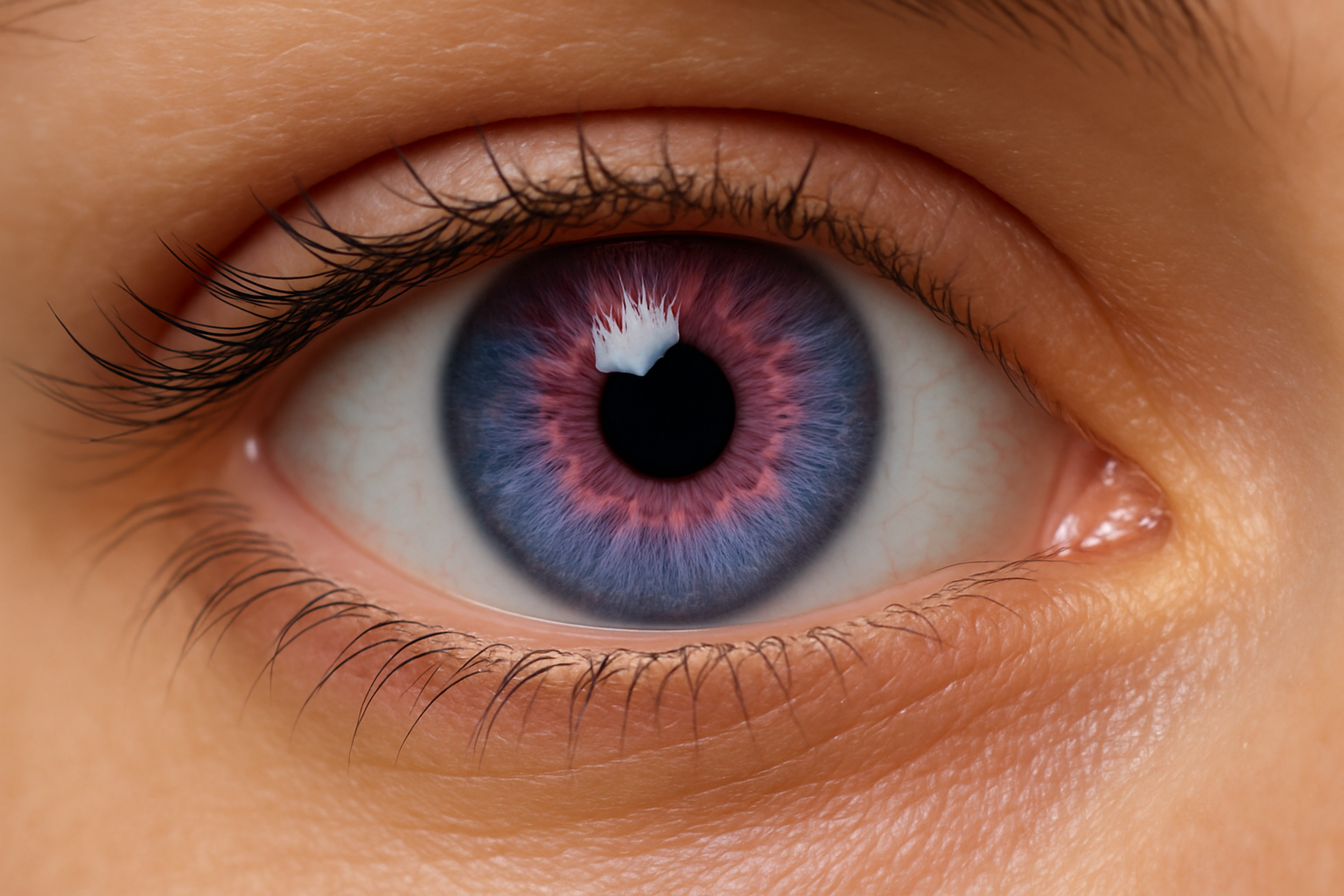Every year in the UK, National Eye Health Week (22-28 September 2025) reminds us that vision matters. It’s a great opportunity to learn more about eye health, catch problems early, and understand when interventions like cataract surgery may be necessary.
At Solasta Healthcare, we specialise in private cataract surgery — restoring clearer vision, improving quality of life, and helping patients see the world more sharply. This week, we want to share vital information about cataracts: what they are, how they develop, when to act, and what the private care path looks like.
What is a cataract, and why does it matter?
A cataract occurs when the natural lens in your eye becomes cloudy. Over time, this cloudiness causes vision to become blurred, colours to fade, glare from lights to increase, and overall quality of life to drop.
Cataracts tend to develop gradually, often associated with ageing, UV exposure, certain medical conditions (such as diabetes), lifestyle factors, and sometimes genetics.
According to UK health sources, cataract surgery is the only treatment that restores vision when cataracts significantly impact daily life.
Early detection is key
National Eye Health Week emphasises that many vision problems, including cataracts, are more treatable when caught early.
Here are signs that it’s time to see an eye care professional:
- Increasing difficulty seeing in low light or at night
- Seeing halos or glare around lights
- Colours seem less vivid or more yellowed
- Frequent changes in your glasses prescription
- Blurry or double vision that doesn’t improve with glasses
- Difficulty reading or doing close work
Regular eye exams are essential, even if you think your vision is “fine.” Some eye conditions develop silently.
Why choosing private cataract surgery with Solasta Healthcare can make a difference
Shorter waiting times: NHS waiting lists can be very long; choosing private care often means faster scheduling.
More control over lens choice & vision outcomes: Private clinics can offer a wider selection of intraocular lenses (IOLs), including premium toric or multifocal lenses.
Personalised care: More time with surgeons, tailored pre- and post-operative support.
Advanced technology & comfort: Some clinics offer the latest surgical techniques, laser-assisted surgery, more comfortable facilities, etc.
How to protect your eye health: tips for everyone
Even if you don’t have cataracts yet, there are many ways to support and protect your eyes:
- Regular eye tests — ideally every 1-2 years, depending on age, risk factors, and vision changes.
- Lifestyle choices — wear UV-protecting sunglasses; eat a balanced diet rich in antioxidants (leafy green vegetables, omega-3 fats); maintain healthy blood sugar if diabetic.
- Manage health conditions like high blood pressure or diabetes, which also affect eye health.
- Limit harmful exposures — avoid smoking; reduce prolonged glare; take screen breaks (20-20-20 rule etc.).
- Protect your eyes during risk situations — safety glasses where needed, avoiding rubbing, etc.
When is cataract surgery appropriate?
Deciding when to have cataract surgery is a personal decision. Some common considerations include:
- How much the cataract is affecting your ability to do daily tasks (driving, reading, hobbies)
- Whether you have frequent changes in glasses strength
- If glare or light sensitivity is causing safety issues (e.g. night-driving)
- If the cataract is severe enough to begin to affect overall eye health (e.g. risk of complications)
- Your overall health and ability to undergo surgery
At Solasta Healthcare, our surgeons will help you weigh the pros and cons, ensuring you feel confident and informed in the decision.
Frequently Asked Questions (FAQs)
Is cataract surgery painful?
No. The procedure is done under local anaesthetic; you may feel pressure but not pain. Sedation is possible in some cases.
How long before I see clearly again?
Most patients notice improvement in vision within a few days; full recovery can take several weeks, especially for fine detail and colour.
Will I still need glasses after surgery?
It depends on the type of lens you choose. If you pick a standard monofocal lens, you’ll likely still need glasses for reading. Premium options like multifocal or toric lenses can reduce dependence on glasses.
What are the risks?
Like any surgery, cataract operations have risks — infection, inflammation, lens dislocation, etc. But in experienced hands (such as at Solasta Healthcare), these are rare and managed carefully.
Takeaway: Make your vision a priority!!
National Eye Health Week reminds us that good vision is not something to take for granted. Early detection, timely treatment, and a proactive approach can prevent avoidable sight loss. If you suspect you have cataracts, or are noticing changes in your vision, don’t wait until things get worse.
At Solasta Healthcare, we believe everyone deserves to live in full, vivid clarity. If you’d like to discuss cataract treatment in a safe, compassionate, expert environment, reach out to us. Let’s work together to help you enjoy the view.
Book your assessment with Solasta Healthcare this National Eye Health Week, and take the first step toward clearer, brighter vision. Contact us at 028 40 648486 or visit https://solastahealthcare.com/book/

